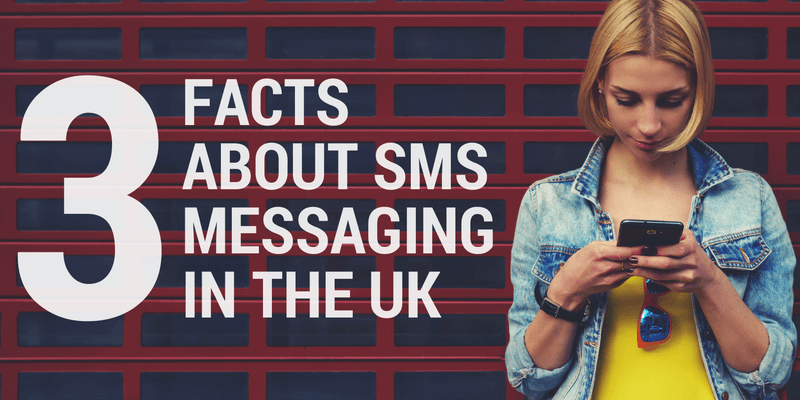App Strives to Make Distracted Driving Disappear

Distracted driving has many causes. I’ve seen people reading newspapers, maps, putting on makeup and brushing their teeth.
But in 2014 the leading cause of road fatalities was using a mobile while driving. Exact statistics for the more recent years haven’t been released by the government as of this writing, but polls and predictions say the problem has only been getting worse. And all this is despite mobile phone use while driving being illegal since 2003.
Automakers, mobile phone manufacturers and industrious entrepreneurs have tried to come up with solutions to make driving safer in a world where people rely on their mobiles 24/7. All the solutions work to some extent but how well they work varies. But one they have in common is offering ways to access your phone without having to look at it while driving.
A new app is on the horizon that has a different twist – to block any communication while the car is moving so the driver can’t be distracted.
Bubbleblock
This new app has a name that sounds like the latest bubble popping gaming app: Bubbleblock. But is isn’t a game.
The app was announced via a press release by World Patent Marketing. Here’s the description of the app from the source:
“The Bubbleblock is an application invention which provides added safety features for wireless gadgets particularly those used for communication. It is a unique system which comprises of a unique and predetermined sequence for accommodating incoming phone calls from a mobile device, memory for storage purposes, features in viewing and selecting phone calls and more.”
What that means, is the app will intercept text messages and calls received by the driver. It can then send a reply SMS message or voicemail letting the person know that the driver is currently unavailable. I assume the driver sets up the auto-reply choices based on their own preferences.
The inventor of the app Danielle J. says, “People will now be able to fully concentrate on driving with the Bubbleblock. This application invention prevents users from constantly grabbing their phone to answer calls or send text messages.”
Would you use it?
Except for the automated responses, Bubbleblock is basically the same as turning your phone off. At least in terms of SMS messages, email, and phone calls. There are other functions you may want to have your phone turned on for, like music, maps or GPS. So maybe something that blocks communications would be a good option.
Personally, it’s extremely hard for me not to pick up my mobile while waiting at a red light or in traffic that’s stopped. But I’m one of those people who always have it within reach, even while sleeping (sound turned off though). So if I don’t know I’ve received an SMS message, then I won’t be tempted to read it while I’m in the driver’s seat. Part of me thinks it’d be a good thing to block the messages so self-restraint isn’t required.
On the other hand, I’d like to know if I get a message from my kids or family. The car I have now will read me my SMS messages. I may not be able to respond, but the message may change where I drive to or what I do when I get there. For example, a “Mom you forgot your wallet” message would result in me turning around and driving home!
Are moments like those worth the risk of distraction while driving? No, certainly not. It isn’t worth it if it means picking up a phone and looking down at it. The law is clear that everything must be hands free. Thankfully the options on how to become hands free are wide open: Bluetooth headsets, cars that manage messaging, voice activated phones, as well as an app to block it all! Each of us can chose the method that will work for us, so long as it results in undistracted driving.
Would you choose an app like Bubbleblock? What is your favourite method to remain hands free?
Related Articles
A review of the EC directive for SMS marketing
The verdict is in. NetMessenger is the easiest SMS service to use
Fastsms Wins Best SMS Provider Of The Year
For the second year in a row we’ve been selected by Corporate Vision Magazine as the best SMS platform and SMS Service in the UK. We earned those awards by working hard to make the best platform and offer friendly personal service. Read all about it here.
UK digital advertising spending tops 7.4 billion euros
3 Facts about SMS Messaging in the UK
Do people really like getting SMS messages? Is it true they’re using Apps like WhatsApp instead? A recently published survey reveals those answers, and a few more. Find out the details on how SMS messaging is used and viewed in the UK in this blog.
It was a great 2015 at fastsms : Review and highlights
The price for being funny in an SMS message
How to use the US holiday invasion and SMS marketing to boost your sales
Fastsms Has A New Home In Worcestershire
Take a few minutes to watch a video of our Technical Director and Operations Director showing off our new office space in Worcestershire. Then get to know our team as they discuss what they like best about the office.












